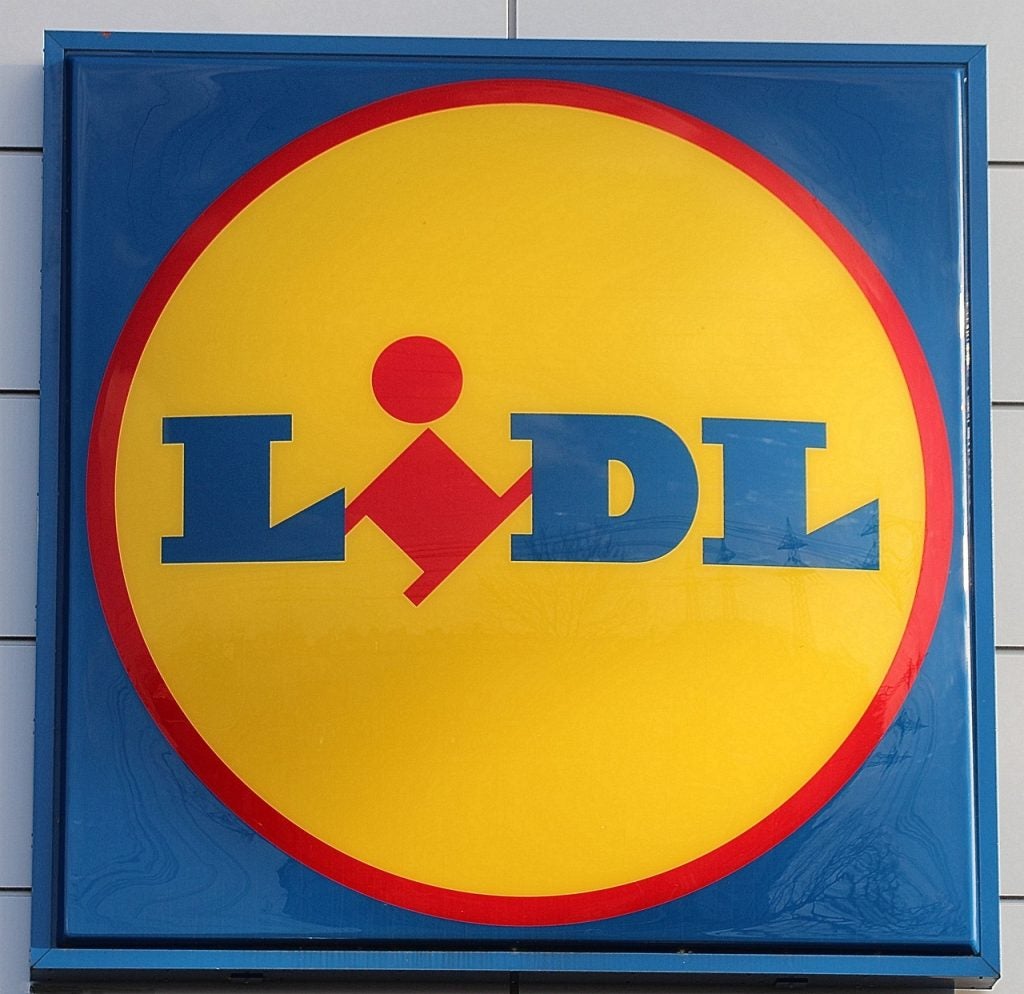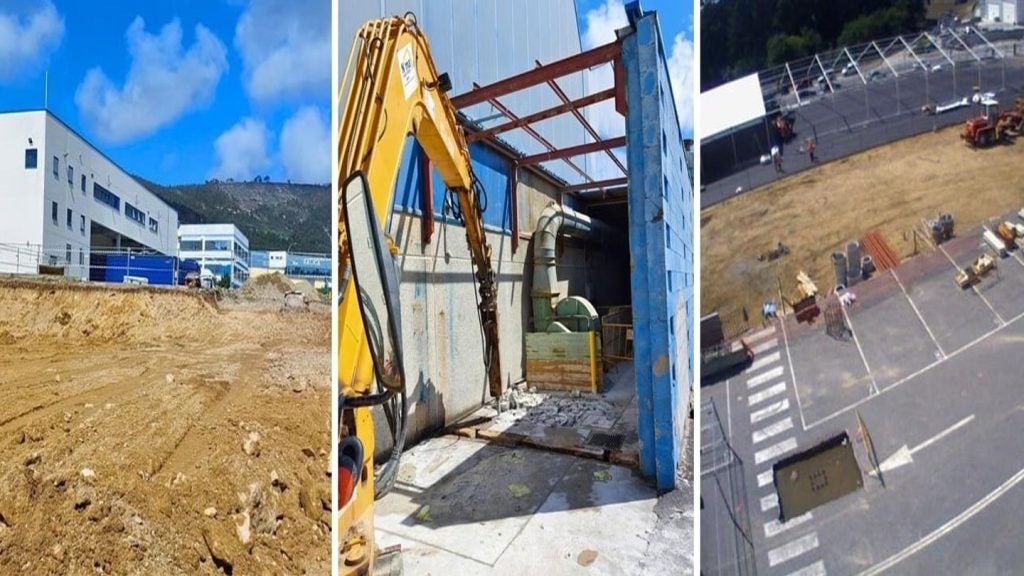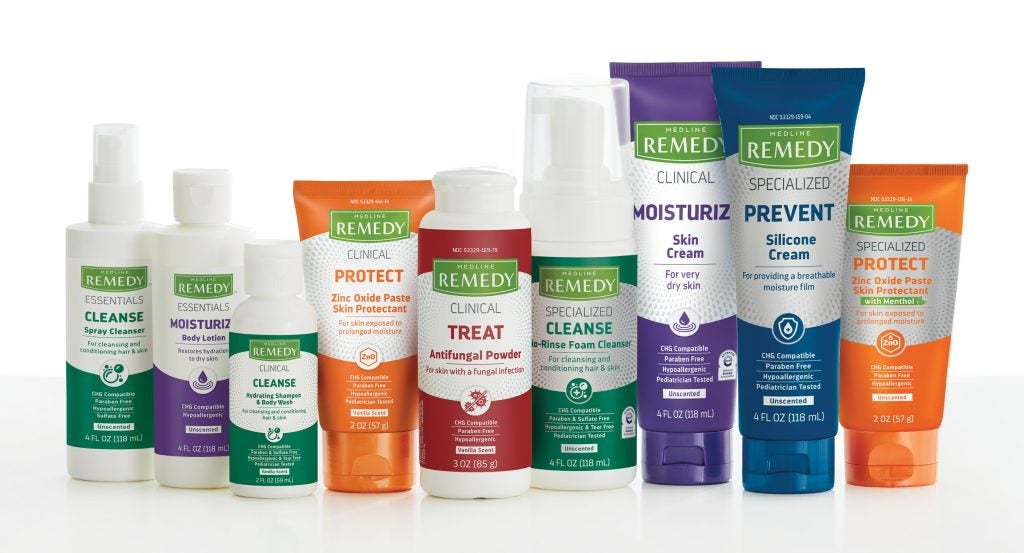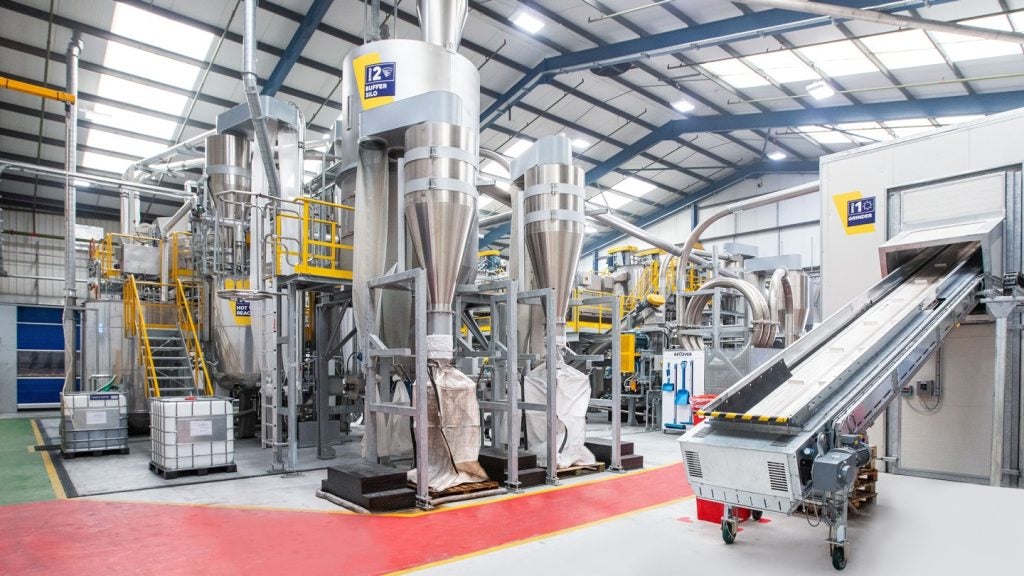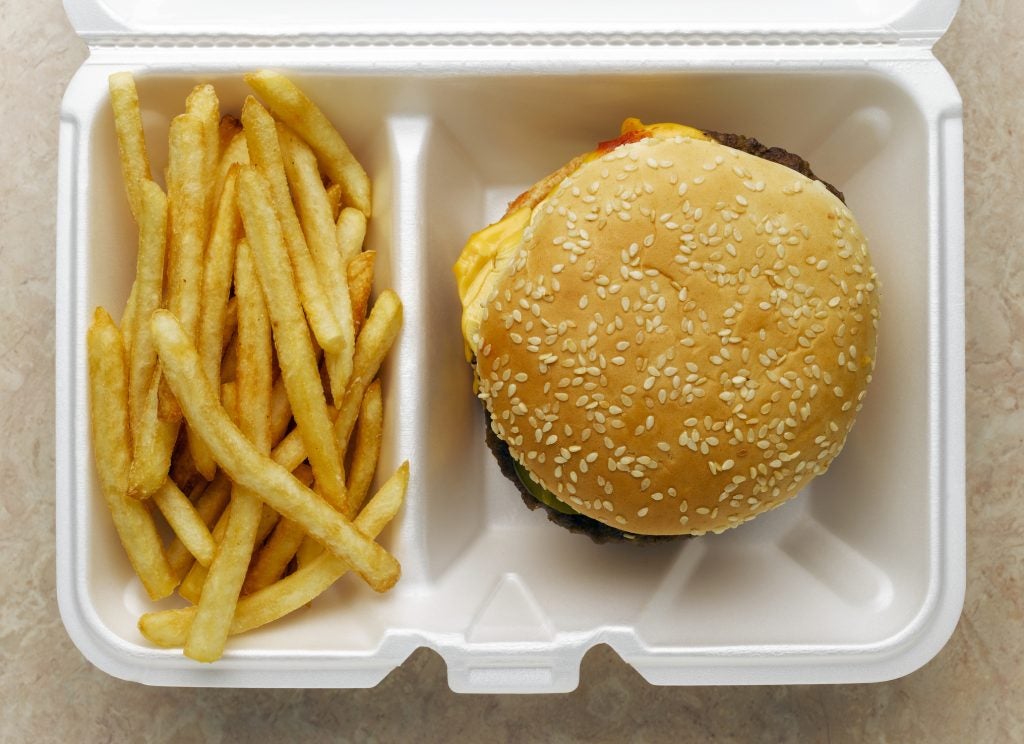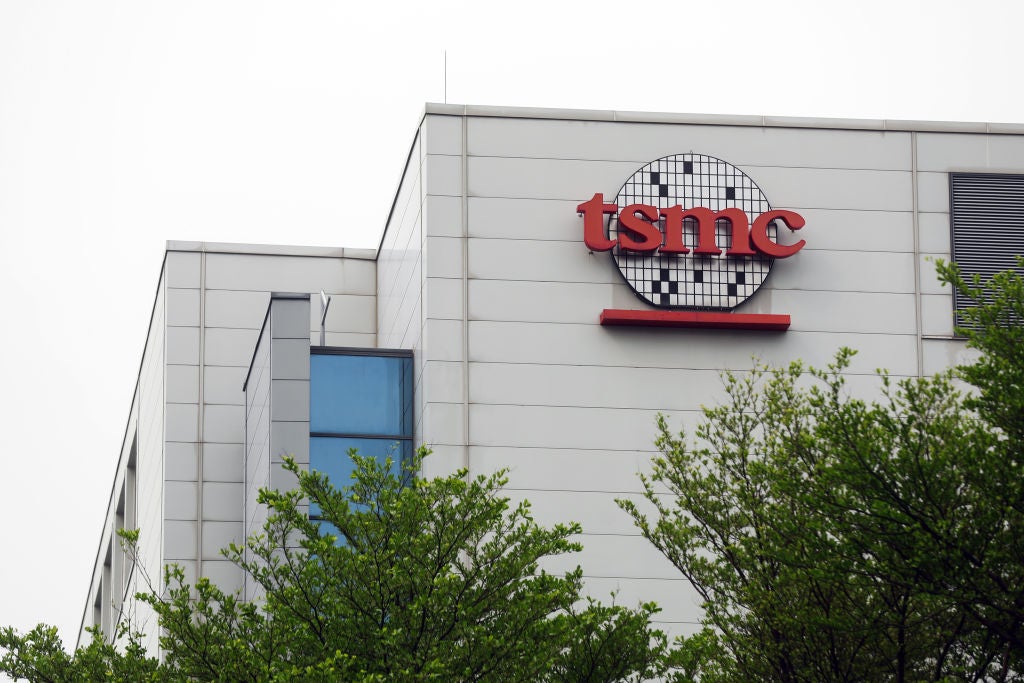Budget supermarket chain Lidl has joined Sainsbury's and Co-op in introducing new recyclable packaging for its beef mince range.
The move aims to reduce plastic waste, but it has sparked a revolt among Lidl customers who are unhappy with the quality of the minced meat.
Customers were displeased with the texture and appearance
Shoppers have expressed their dissatisfaction with the vacuum-packed mince, comparing it to "disgusting mush" and with a "liver-like texture."
Many complain that the meat breaks up into a "slurry mash," making it difficult to handle and separate into smaller portions. Some customers have vowed never to buy it again and hope that other supermarkets do not follow suit.
Lidl's efforts to cut plastic waste
Lidl's new vacuum-packed mince, scheduled to be introduced at the beginning of 2024, is part of the supermarket's initiative to reduce plastic waste.
By adopting this packaging, Lidl expects to eliminate the need for approximately 350 delivery trucks annually. The new packs offer significant environmental benefits by saving space and reducing plastic consumption.
Mixed reactions from customers
While many Lidl customers are angry about the "mushy" minced meat, there are also some who find it satisfactory. One person mentioned that the mince cooks the same as before and feels fresher due to the absence of air in the packaging.
Despite the mixed opinions, the overall sentiment among customers leans toward dissatisfaction with the new packaging.
Lidl's focus on sustainability
Lidl guarantees its customers the same quantity of mince while saving more than 250t of plastic each year. The new packaging also extends the shelf life of the mince from eight to approximately 16 days.
Lidl GB head of responsible sourcing and ethical trade Shyam Unarket emphasises the supermarket's commitment to plastic reduction and its progressive circular programme. Lidl aims to prevent plastic pollution by ensuring that all new packaging is recyclable.
Industry adoption of vacuum-packed meat
Sainsbury's was the first retailer to introduce vacuum-packed meat earlier this year, but the initial response from customers was mixed. Complaints included the meat becoming "mushy," looking unappetising, or resembling organs.
Co-op followed suit last month, implementing vacuum packaging for 11 minced meat products in both Co-op and Nisa stores. Despite the backlash, Lidl and other supermarkets continue their efforts to reduce plastic waste and promote sustainability through innovative packaging solutions.


